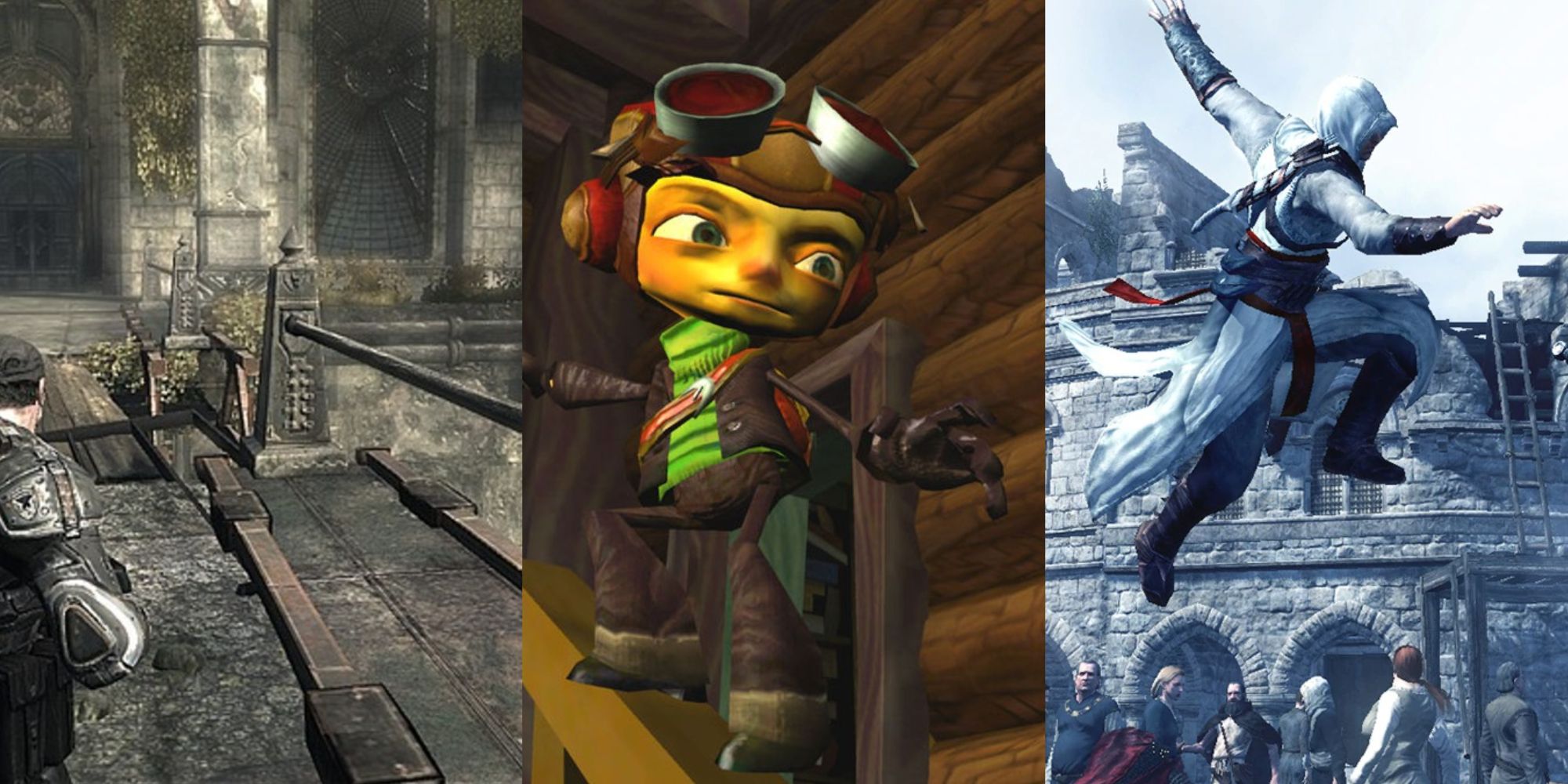Despite their sheer quality, from a narrative and gameplay perspective, there are so many beloved video games from the '00s that never had the chance to win the Game Of The Year Award at the Game Awards but would have most certainly have done so. The 2022 awards have wrapped up, and they have provided a clear indication of what titles to look out for in 2023, as the potential successors to Elden Ring's victory.
The '00s were a fantastic era for gaming, but the Game Awards themselves were not founded until 2014, meaning that although there are entries here that would have earned the accolade they simply couldn't. The period saw plenty of innovations, especially in terms of what fans expected from their stories and how those titles graphically looked. Studios continue to work with many of these franchises, thanks to their longevity, ongoing potential, and detailed world-building.
BioShock (2007)
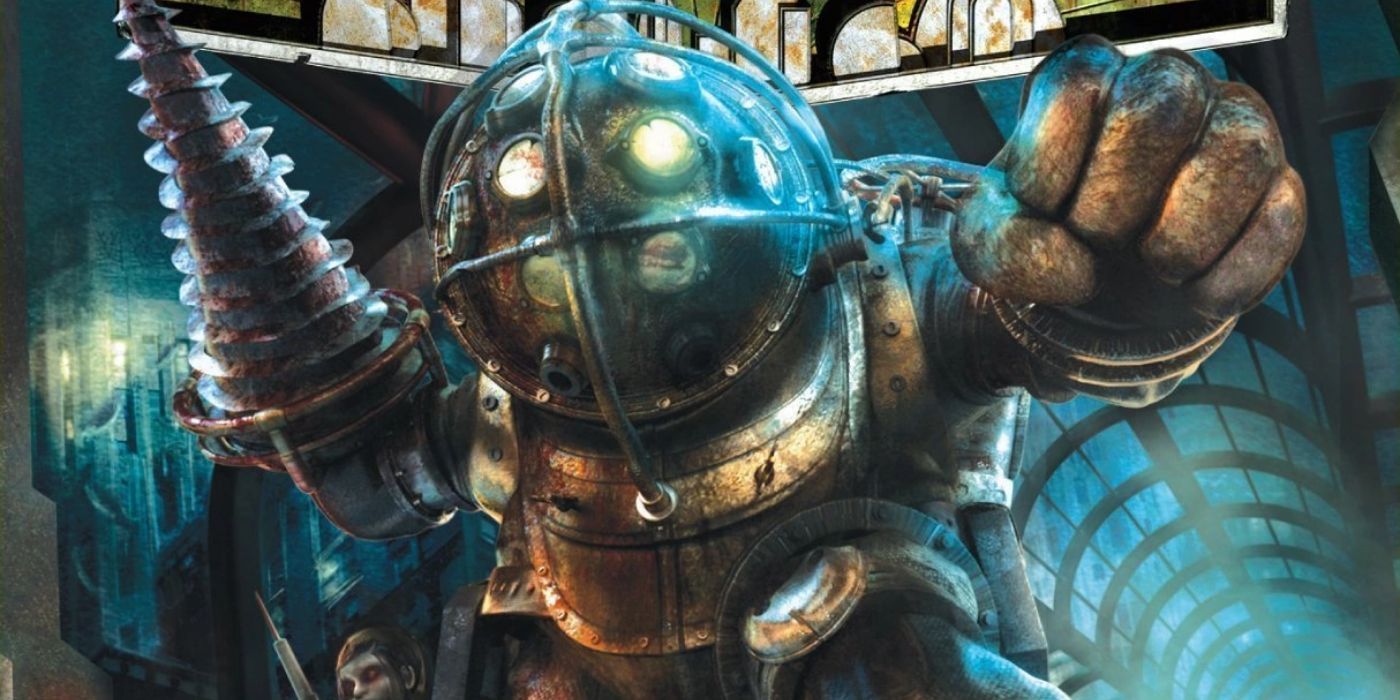
BioShock, which was developed by 2K Games and Irrational Games is a grungy and atmospheric first-person shooter, which managed to stand the test of time because of its hardcore gameplay mechanics, detail-driven story, and character arc. Created using Unreal Engine 2.5, the game launched on PC, Xbox 360, and PlayStation 3, alongside iOS.
The combination of the dystopian and the utopian has allowed the creative team to develop a landscape that players can't help but be enthralled by. While BioShock came later into the '00s which meant that it could take full advantage of the technological advancements available, it is still perhaps even in the running for Game Of The Decade, with the franchise potential bleeding into every sequel.
Diablo II (2000)
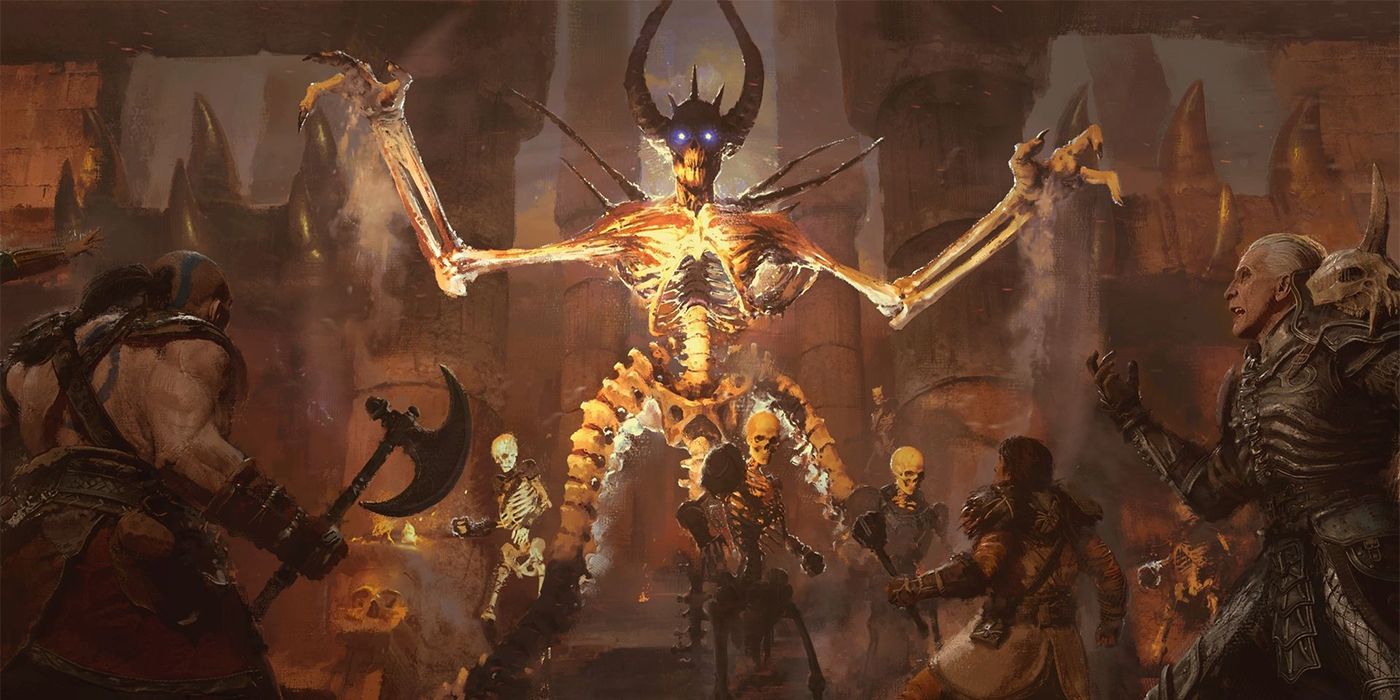
Diablo II was a worthy follow-up to the original PC-based hack-and-slash dungeon crawler from Blizzard Entertainment. The role-playing genre made huge leaps in the 2000s, and Diablo II was at the forefront of those developments, with the game's evolution consistently putting the gaming community at the forefront of its plans as Blizzard built from the very foundations without a traditional engine.
So while Diablo II might be the follow-up that just keeps on giving and still thrills audiences today despite the success of the third installment, it's the deep cast of characters and five-act structure that should be credited for a great deal of its acclaim. However, its stylized graphics and intuitive control system certainly help to argue for a Game Of The Year Award.
Metroid Prime (2002)
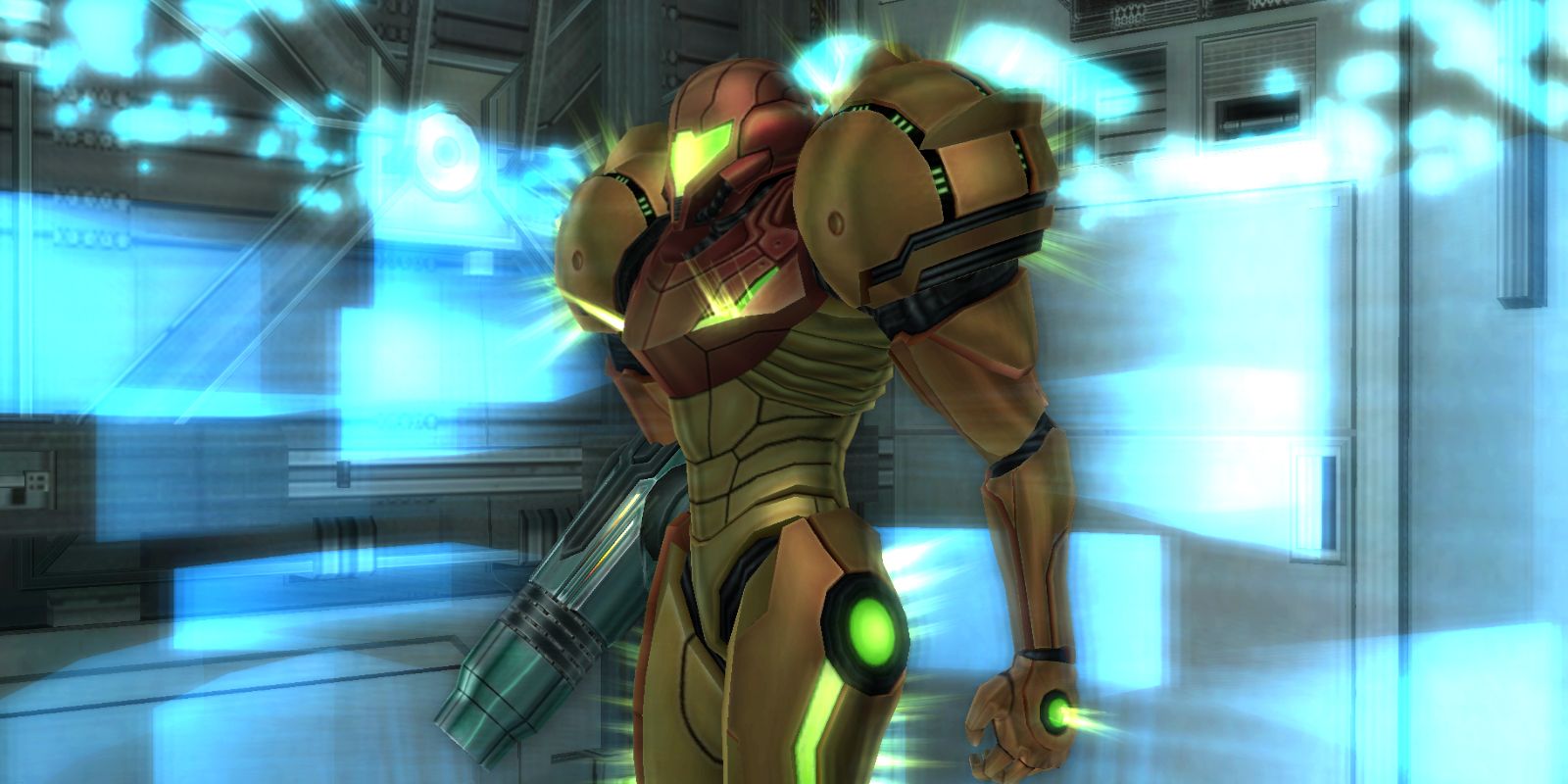
Metroid Prime cemented the legacy of the Nintendo and Retro Studios franchise allowing for the series to even return recently on Nintendo Switch, ushering in a new era. The GameCube and eventually Wii title featured one of the few powerful female protagonists in gaming at the time; Samus is still an inspiration in the industry to many.
Metroid Prime was heavy on science fiction action and spectacle, indicating that Nintendo could continue to adapt to changing trends and even innovate in its own right. This should have been a Game Of The Year Contender because of its conceptual creativity, the strength of the story, and the move into 3D graphics to allow the series to advance into the future.
Psychonauts (2005)
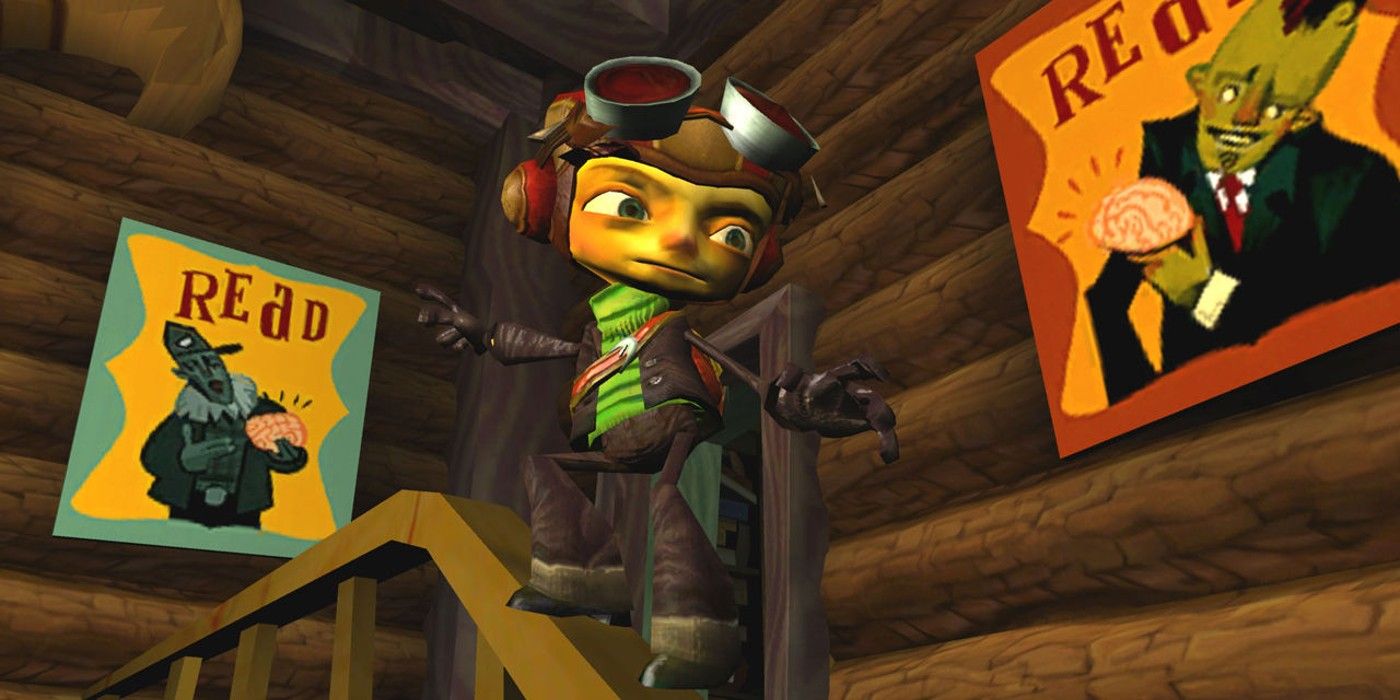
Psychonauts from Double Fine Productions and Majesco Entertainment was initially released on PC, Xbox, and PlayStation 2. The series has been rejuvenated in recent years with a much-anticipated follow-up, but the groundwork for that exciting launch was only set by the classic original, which introduced audiences to this wacky premise so fantastically.
Interestingly, although it commercially was not a big hit, the cult following and critical acclaim of Psychonauts might have made it a shock choice as a Game Of The Year. With the platformer featuring a protagonist with psychic powers, the gameplay mechanics and combat abilities were far more varied than a general shooter in the medium. The visual cornucopia of imaginative choices that fleshed out the world helped maintain a unique vibe.
Assassin's Creed (2007)
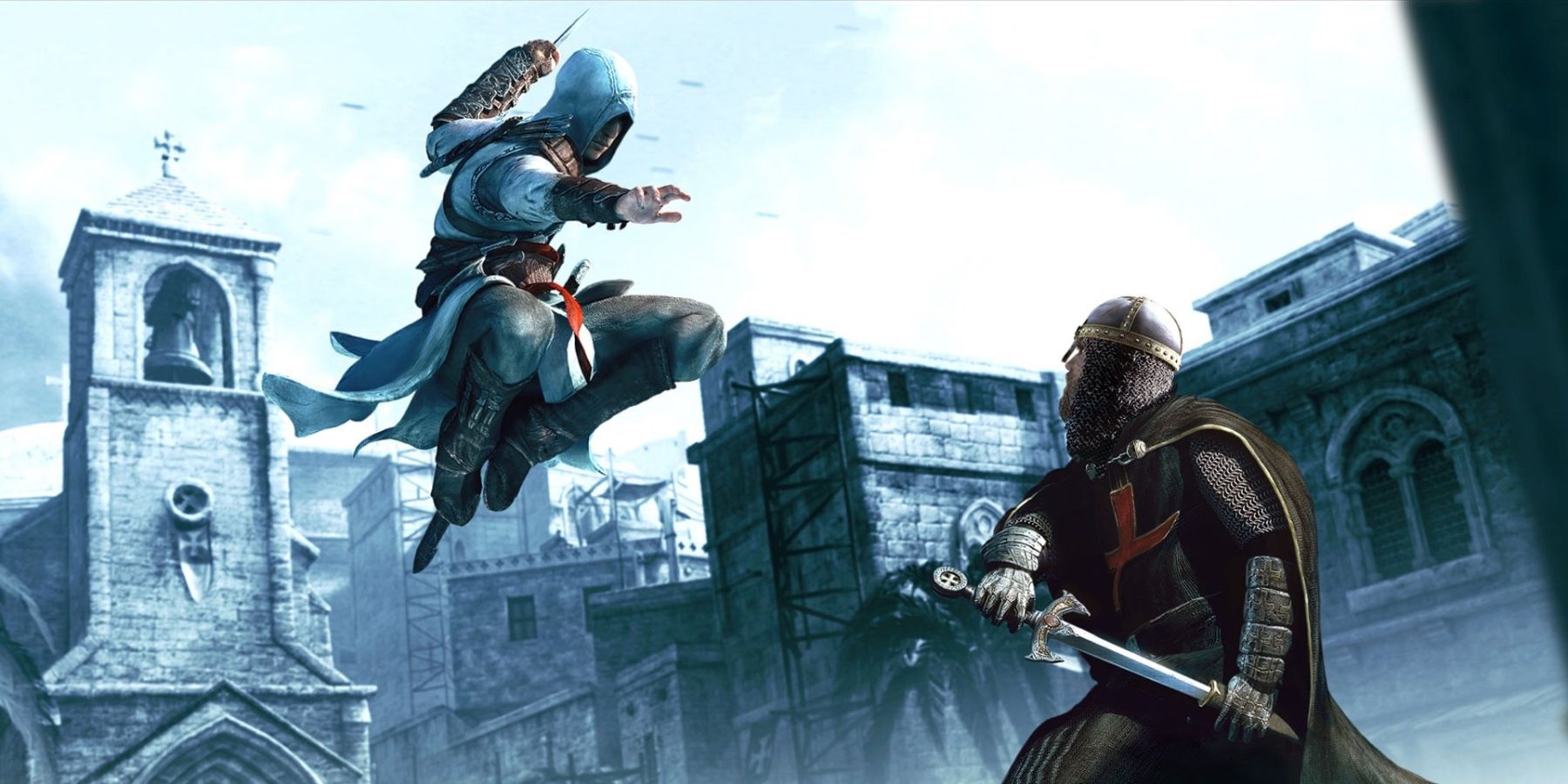
Assassin's Creed is such a mainstay of Ubisoft these days, but the original, which was built using the Anvil Engine for platforms like PC, Xbox 360, and PlayStation 3, demonstrated why the franchise would be significant. The stunning array of stealth opportunities available, combined with the free-running and complex melee combat, jettisoned the game as an action adventure to watch.
The story of a man looking back into his ancestral past to search out other assassins was a work of genius and although the saga sometimes draws criticisms today, at its core, this was a wonderful open-world title, that the studio had put so much into. The Game Awards would have honored it with a Game Of The Year nod; a title that Assassin's Creed has been up for since.
Gears Of War (2006)
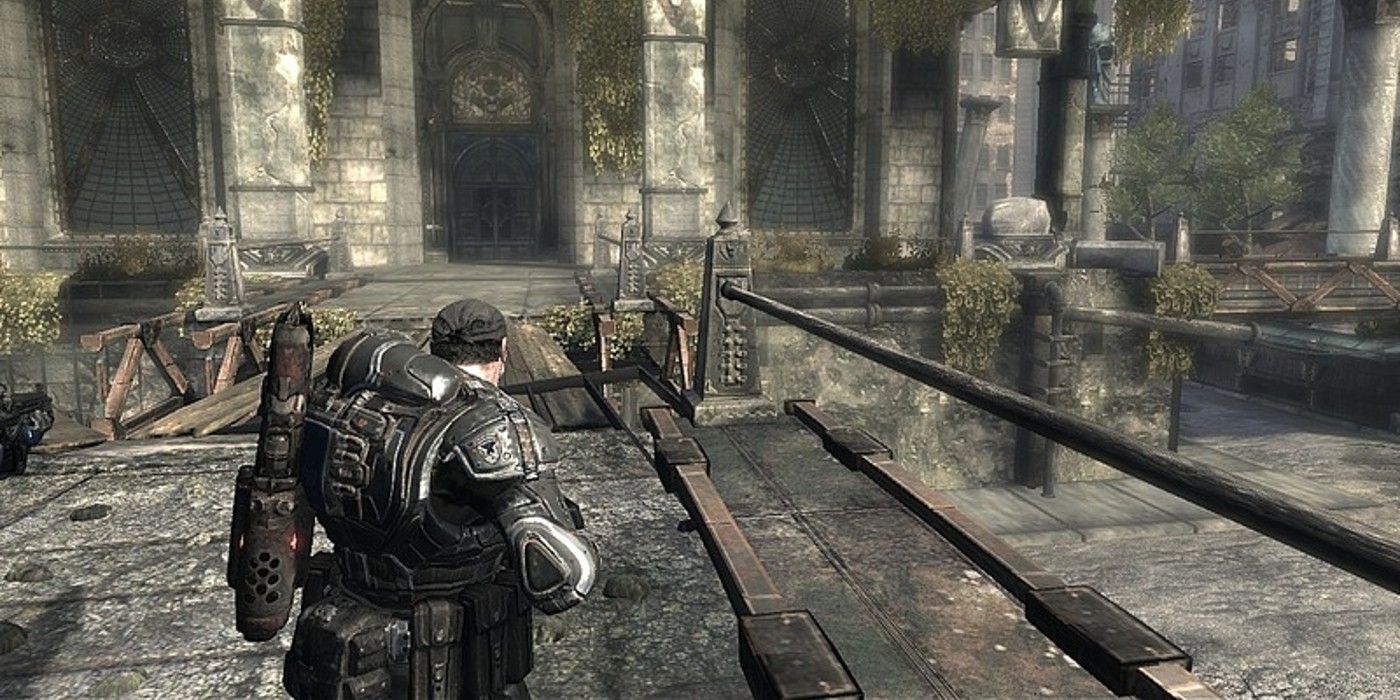
Gears Of War from Epic Games, The Coalition, People Can Fly, Splash Damage, and Microsoft originally debuted as a PC and Xbox 360 exclusive before an eventual adaptation to the Xbox One. The Unreal Engine 3 title is bloody, gripping, and grand in its scale, as the first-person shooter held nothing back in its sci-fi display of a conflict featuring humans and their alien enemies.
The ability to choose the path that the protagonist was to go on, catapulted the game forward in the eyes of the players, as fans discovered the countless narrative options they were given based on their decisions. This level of interaction is just one of the many reasons it would have received a Game Of The Year Award, although the gritty combination of artillery and melee attacks created many moments of glorious violence.
Star Wars: Knights Of The Old Republic (2003)
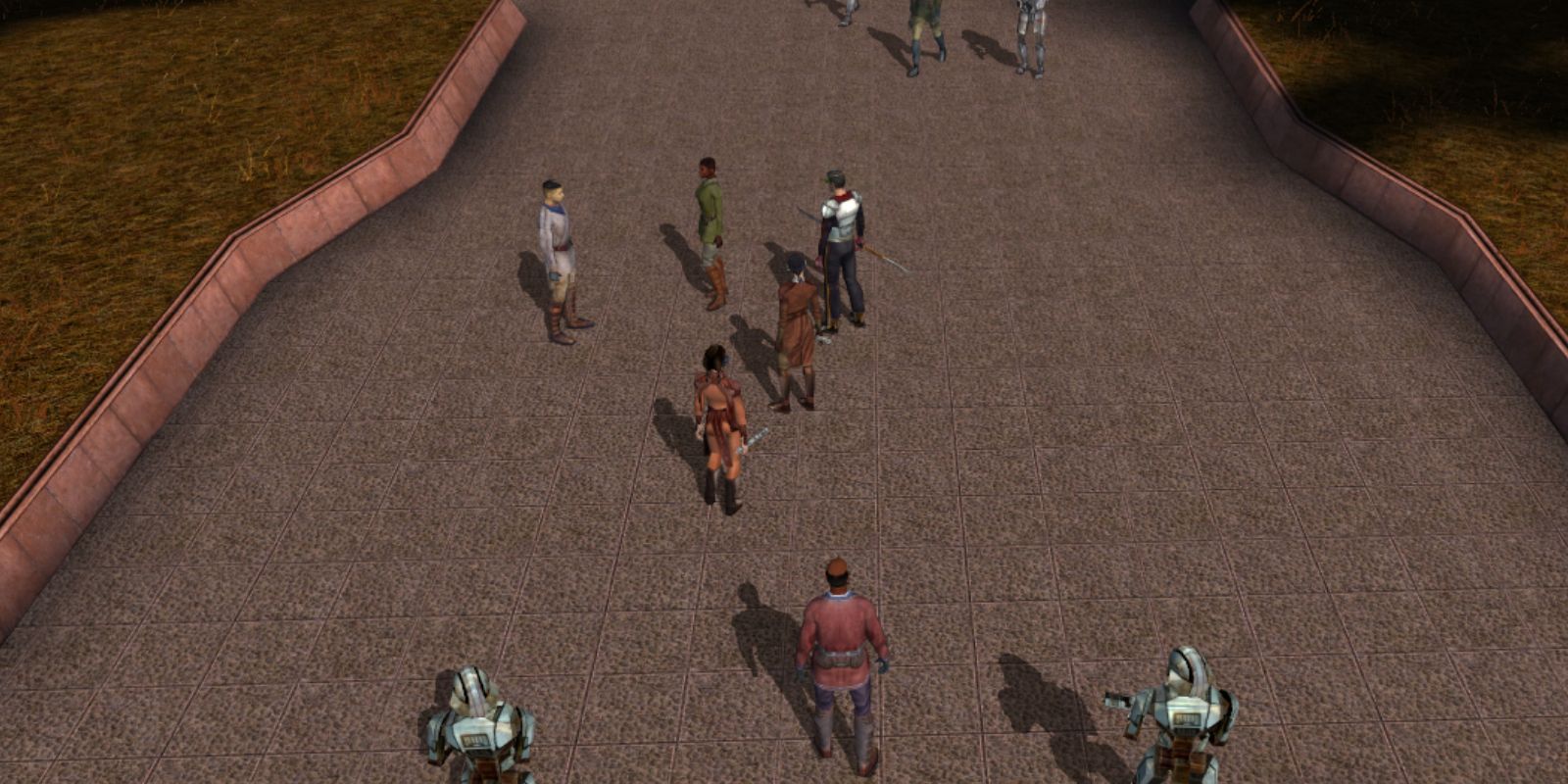
Knights of the Old Republic from Aspyr, BioWare, Obsidian Entertainment, Electronic Arts, and LucasArts, helped to expand upon the galaxy far, far away by bringing audiences to a completely different era. Designed using the Odyssey Engine, the expansive variety of original characters each managed to connect to viewers on a different level, and those PC, Xbox 360 and PlayStation 3 figures still have an impact on the expanded universe today.
The now Legends timeline entry is even getting a remake that could confirm its worthy canon status; the importance of the story and Darth Revan's arrival deserves to be a part of the current era. That's what was so special about the RPG. Its twists and turns were shocking and this provided so many genuine choices for the player to make that had significant results for the game's future. The Game Awards would have portrayed this Game Of The Year in such a positive way.
Super Smash Bros. Brawl (2008)
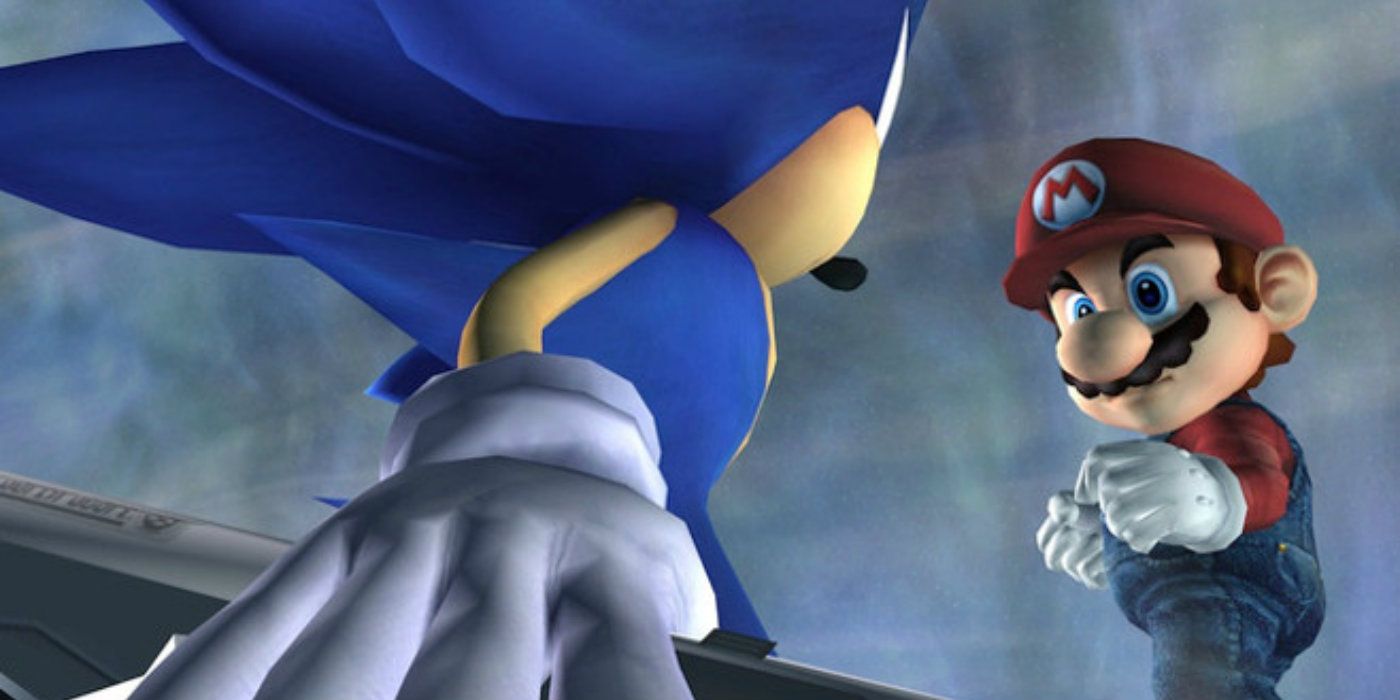
Super Smash Bros. from Nintendo, Sora Ltd., Masahiro Sakurai, Monolith Soft, Toylogic, Game Arts, and Paon Corporation acts as the perfect crossover for video game fans. The worlds of characters like Mario, Sonic, Pokémon, and Samus, collide in a fighting title built using the Havok Engine. Fans continue to wade through the glorious campaign to help expand their roster.
The score itself is a highlight of the title, with the incredible array of musical accompaniments inspiring the player to leap into battle. The roster is so well-balanced, with plenty of famous faces boasting their customized abilities that excellently complement their video game backgrounds. Even the environment in which war is waged is elegantly designed with dozens of maps to choose from. The Game Awards would have a tough time overlooking the fighting classic.
Pokémon Diamond and Pearl (2006)
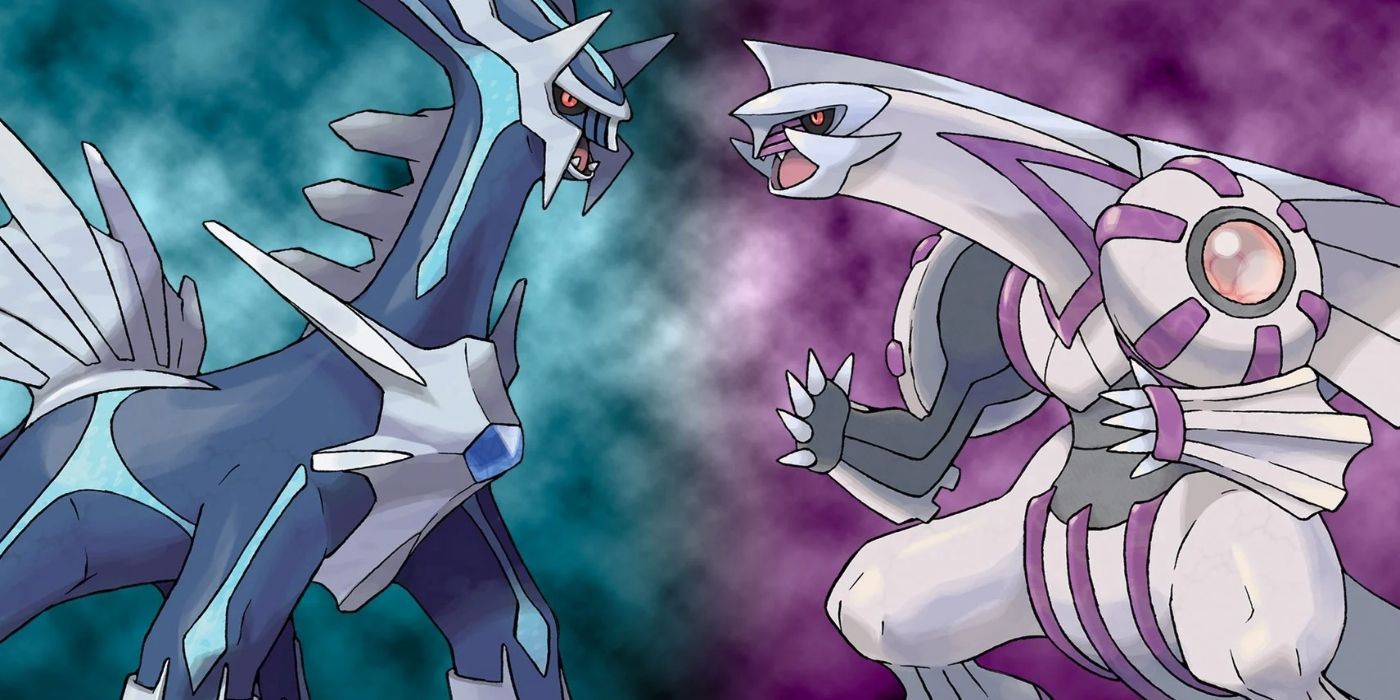
Pokémon Diamond & Pearl is arguably the most well-loved installment into the franchise since the game line's debut. From Nintendo and Game Freak, crafted with the Unity Engine, the titles have even enjoyed recent remakes which capitalize on the stunning Pokédex at the fingertips of fans. The region itself is so detailed, with numerous secrets to uncover in multiple plays.
A gripping storyline propels the protagonist forward and Nintendo didn't have to reinvent the wheel when it came to the classic battle system, which now sits upon the pedal stool of all-time perfect mechanics. There may never be a play as satisfying as Diamond & Pearl which innovated, evolved in terms of its character roster, and progressed in every area from online trading to talent competitions. The Game Awards would have praised the Pokémon entry for its ambition.
Portal (2007)
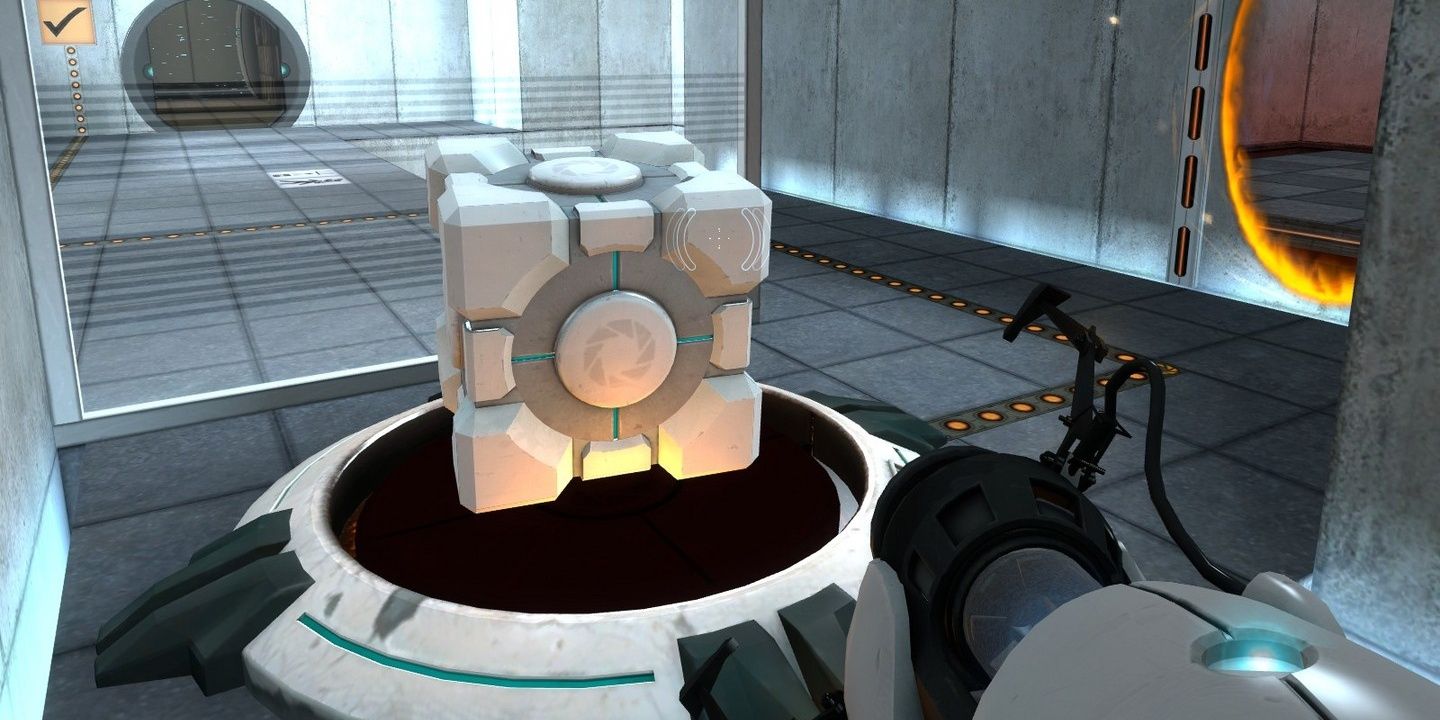
Portal doesn't get quite as much praise as Portal 2, the Valve and Source Engine title that enjoys the use of the same mechanics but perhaps utilized a more compelling narrative. But it was Portal that set the stage, giving fans a puzzle game that was interactive from the offset, ensuring that these environmental and weapons-based challenges weren't just designed for the sake of an obstacle.
It's fun and incredibly creative, with the Game Awards surely able to recognize the potential of the series and the game-changing controls that would only become enhanced once the co-op capabilities were given to gamers as the series moved forward.
Source:gamerant.com
